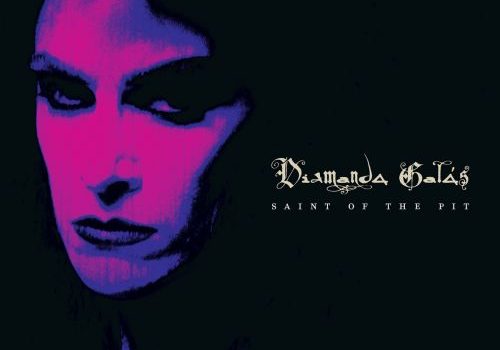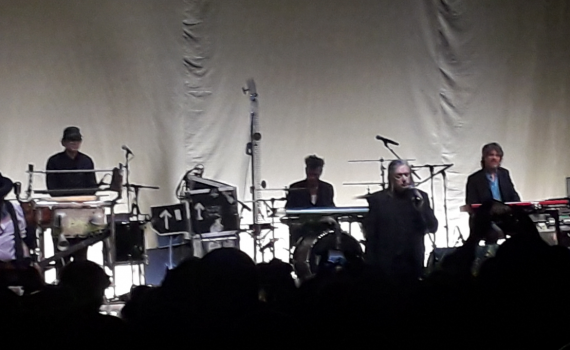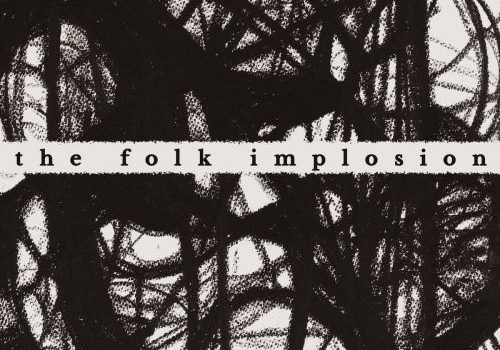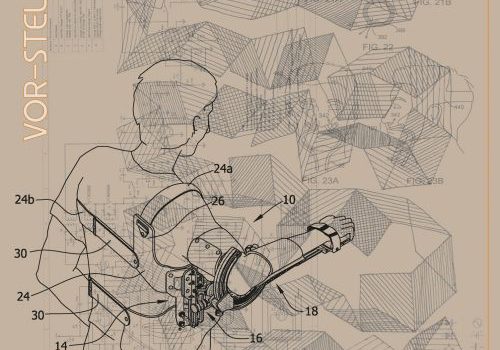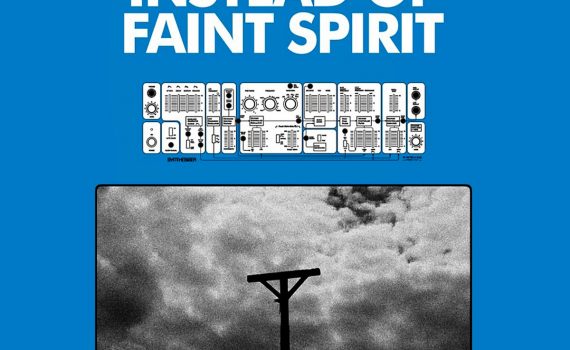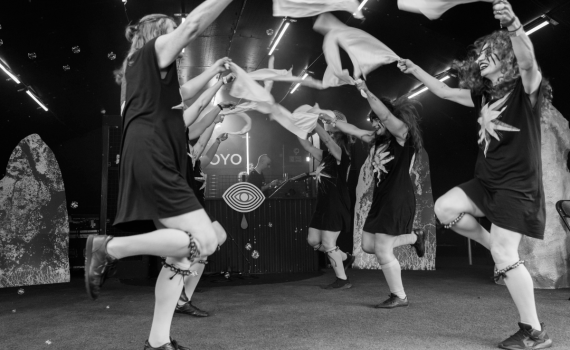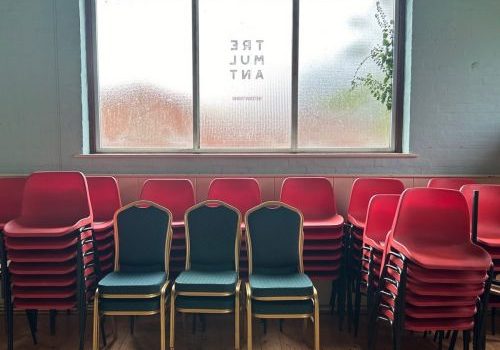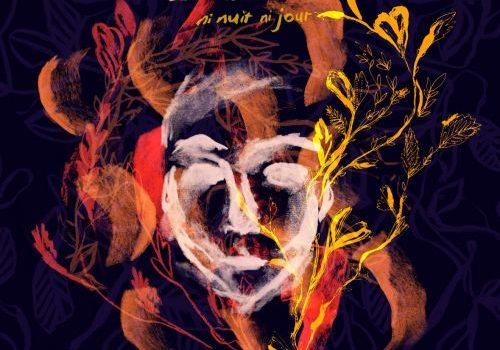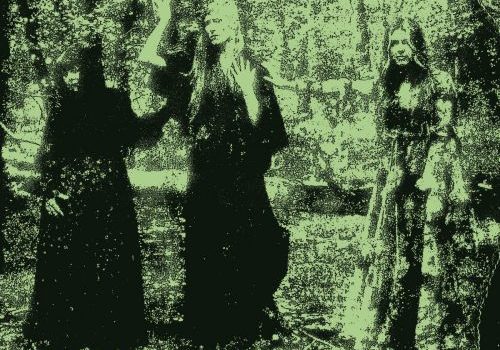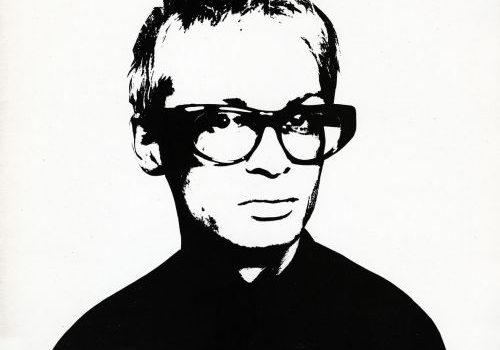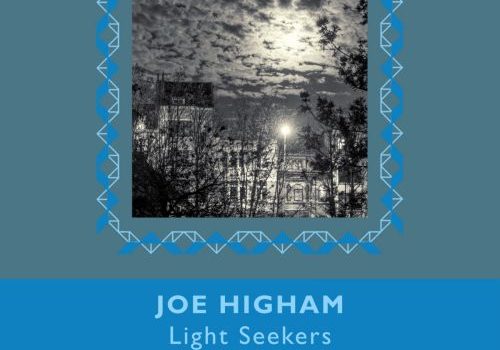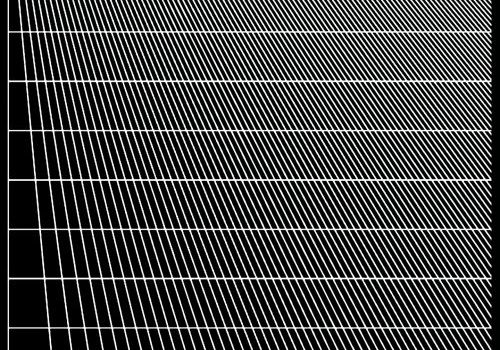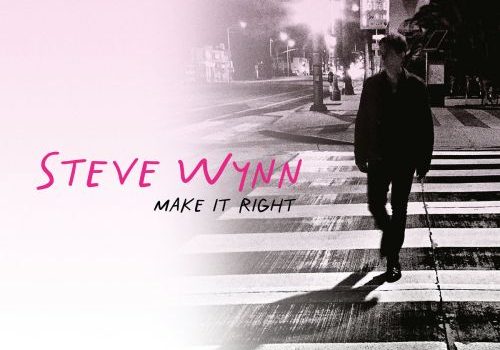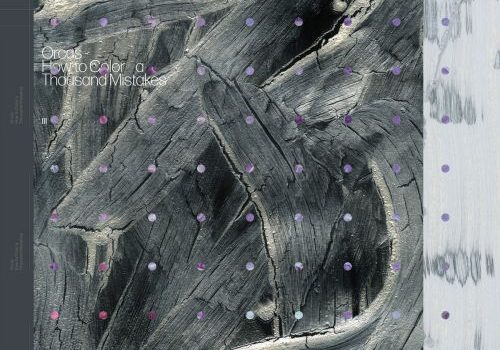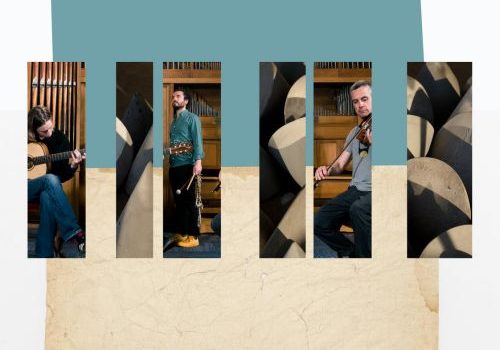It was plain to see from reading the poisoned blood of the lyrics that the overwhelming negatives of the HIV/AIDS epidemic were at the forefront, that misinformed scaremongery that condemned thousands to a lonely and socially shunned death. The same disease her brother (who this album is dedicated to) sadly succumbed to.
Australian percussionist and composer Laurence Pike is always thinking beyond the obvious realms of percussion-based music and over the course of the last few years has been deliberating over a requiem for voice and percussion. The death of his father-in-law was the catalyst that saw this project begin to take shape and what he has finally released is an outstanding memorial that also works as a fine musical adventure.
Over the years the band's sound has changed, but has still remained uniquely ‘them’; no other band sounds like Neubauten. When I first saw them they were the sound of the dynamite exploding the collapsing new building -- now they are more akin to the dust and debris falling to the ground in slow motion.
The downtime and lack of contact between them has not diminished their rapport and perhaps surprisingly the Walk Thru Me sounds as if it could have been recorded a few years after 1999's One Part Lullaby, but then their sound always did stand outside of any prevailing trends.
Although some of us have been belatedly burrowing intensively into rich sonic seams from New Zealand’s far corner of the world – most notably bands of a certain vintage connected with the extended Flying Nun Records family -- there’s a lot we still don’t know enough about. Enter then Vor-stellen to help deepen this discovery-making, an intriguing still-new ensemble to be kept pace with, in real instead of retrospective time.
Dedicated to the memory of Brian’s dear friend Trish Keenan of Broadcast, this project began as a coping strategy for the overwhelming feelings of loss her tragic death caused. Never intended to be heard by anyone and too emotionally painful to re-listen to, these tracks were put aside for years until Brian returned to the project afresh and finally completed this touching memorial.
Scottish-Portuguese sound artist Shhe follows up 2019's self-titled album with a long, slow suite of pieces constructed with sounds gathered on a residency in Iceland. The tranquillity and peace of the fjords very much inhabits this unassuming but engaging album, the four sections rising above ambience with drones that lift the listener, giving a bird's eye view of a landscape lost under a frozen carapace.
Two very different albums from musical adventurer Matthew Bourne showcase his extraordinary approach to the keyboard in all is myriad forms. It doesn't seem that long ago that the two volumes of his collaboration with Shiver were dropped and now there is a further release from Discus, as well as a follow-up to the limited Dulcitone release on Leaf.
Birmingham 30 August – 1 September 2024 Being comprehensive with festival reviews is always a nightmare, so apologies upfront for those I missed. I’d like to blame part of that on the venues being just a smidge further away from each other that I’d like, and one of them being an O2 (and therefore a faff). Not to downplay the festival — lots of good work gone into […]
This third album from Ghostwriter, the shapeshifting collaborative project of Mark Brend (formerly of Fariña, The Palace Of Light and Mabel Joy), has been a long time coming. With work in progress preview segments having appeared online over the last few years, whilst a suitably supportive label home was sought, Tremulant has manifestly been a labour and a love to deliver to a niche section of the world at large.
Utilising an unusual collection of instruments including a hand-made French form of hurdy-gurdy called a boîte à bourdon, each construction is unique, mixing Pierre-Antoine Despatures's double bass with the scattered guitar of Benjamin Garson and the clarinet and sax of main protagonist Clémentine Ristord.
Regular readers will be aware that Datblygu are probably one of the better bands of this world, for my money, and there's a sideline there of enjoying an amount of Welsh-language music. I'm not as up as I should be, but I do know my Llwybr Llaethogs from my Fflaps. So imagine my delight (etc) when everyone's favourite Leeds-based Welsh-language mopey goth band released their debut.
...Bureau B have taken it upon themselves to make it available again and not before time. Over eight unlikely tracks and forty intriguing minutes, Jimi takes us on a trip through his mind, paring the analogue with the synthetic in a way that was unexpected at the time, but in reality was a matter of necessity. Whatever the genesis though, what came out was strangely beguiling and due to the keenness of Tommi Gronland and Mika Vainio and their fledgling Puu label, so began a fascinating thirty year career.
...the more positive community-minded corners of social media and the increasing ease of home recording has produced a near-ceaseless flow of artists entangled in electronics, hybrid instrumental set-ups and wordless conceptual constructions over the last six or seven years. Yet, for all of this near-endless accessibility, it still requires small enterprises with big enthusiastic hearts and calm organisational heads to provide platforms for making sense of it all. One character providing such contextual curation services is the Doncaster-based Mat Handley.
Electronic / classical composer Tristan Perich has prepared the most intense vibes related album I have heard in a long time. Teaming up with Ensemble 0, they have taken three vibraphones and created a suite of glittering, polyrhythmic movements that showcase the instrument at its lightest and most fleeting; but allied to these, Tristan employs 1-bit electronics as a counter to the vibraphone sweetness.
As the Renaissance Man of the recently reinvigorated Paisely Underground scene family, Steve Wynn has enjoyed another purple patch over the last decade or so -- with a redemptive five-album reunion run for The Dream Syndicate and the first volume of his autobiography being top of the creative output list. So much so that we haven’t quite noticed the absence of a proper solo studio long-player since 2010’s Miracle 3-backed Northern Aggression.
Rafael Anton Irisarri and Benoît Pioulard don't convene too often to produce Orcas albums (this is their third in ten years), but on those occasions that they do, the time just drops away. That heat-haze waver that threads throughout the album, the soft warmth of Benoît's voice; an enunciated dreaminess that he shares with the long-lost Eric Matthews is all here as we would hope. Everything seems to shimmer as if heard through the clearest water and there is sedate sense of control that is struck with Ride-like explosions of shattered guitar splendour, showering over the lugubrious bass.
Ireland's Córas Trio tread a fine line between folk, improv and jazz; and on this, their first album, they have utilised the disparate elements of violin, guitar and percussion to create a suite of songs that with one eye on the past have their feet set firmly in the future. Their recognition of the tradition of Irish music is countered with how best to move it forward, and with such titles as "Jackie Fitzpatrick's" and "George White's", you feel that a get- together with friends down the local bar is as important an element as the songs themselves.
